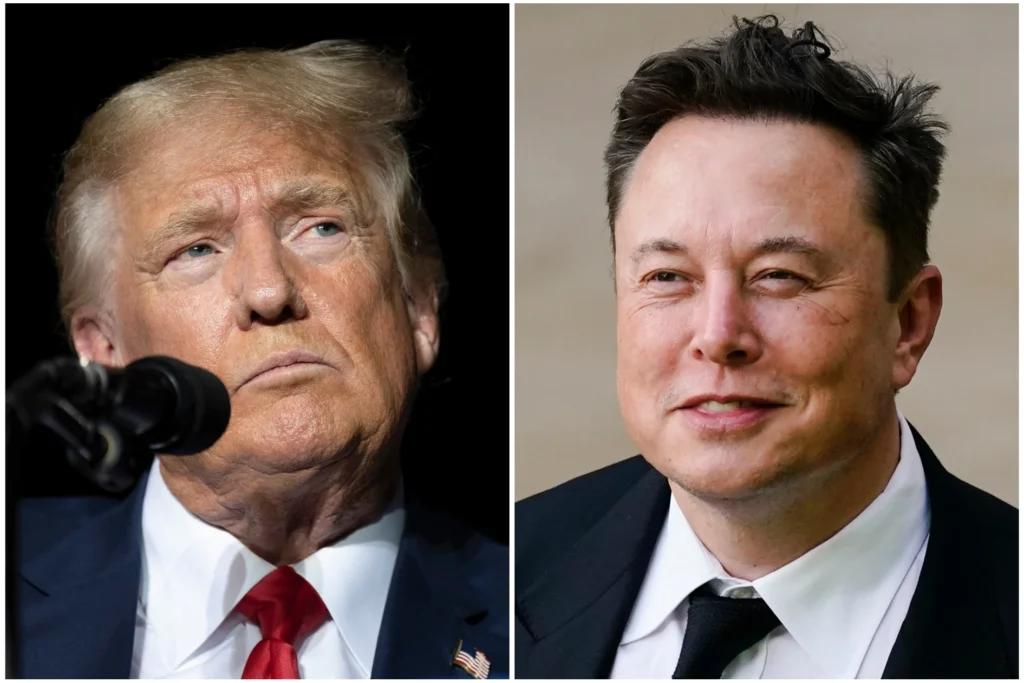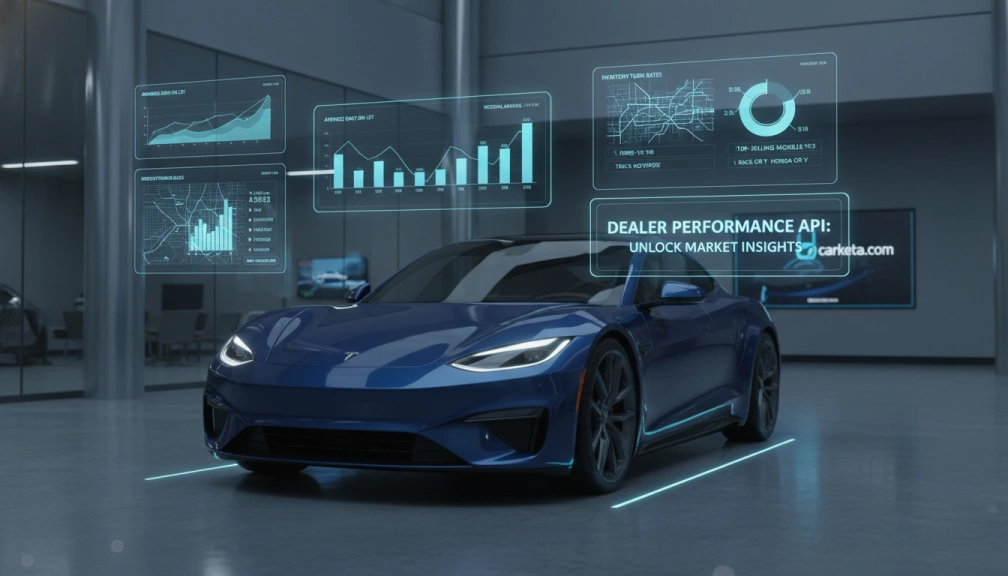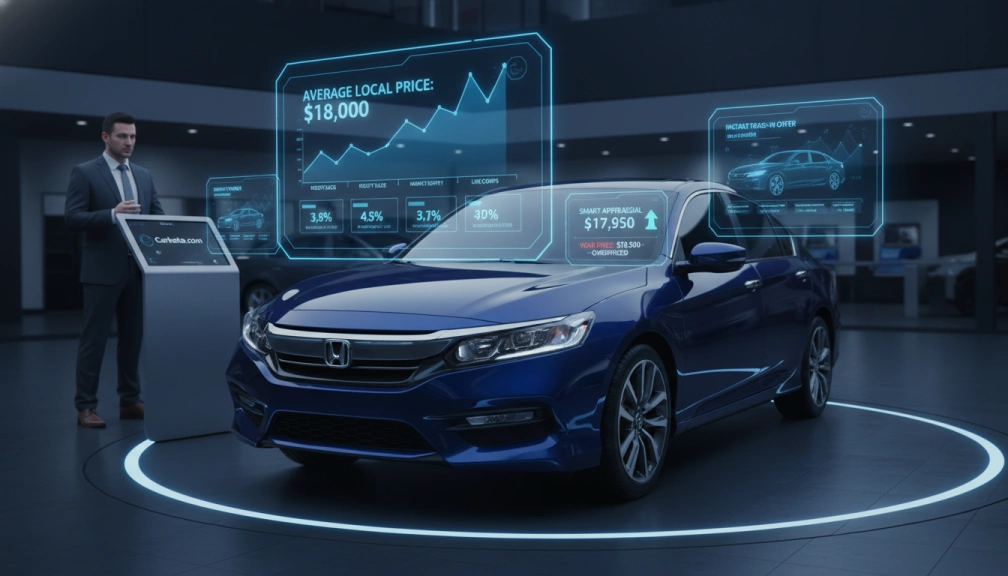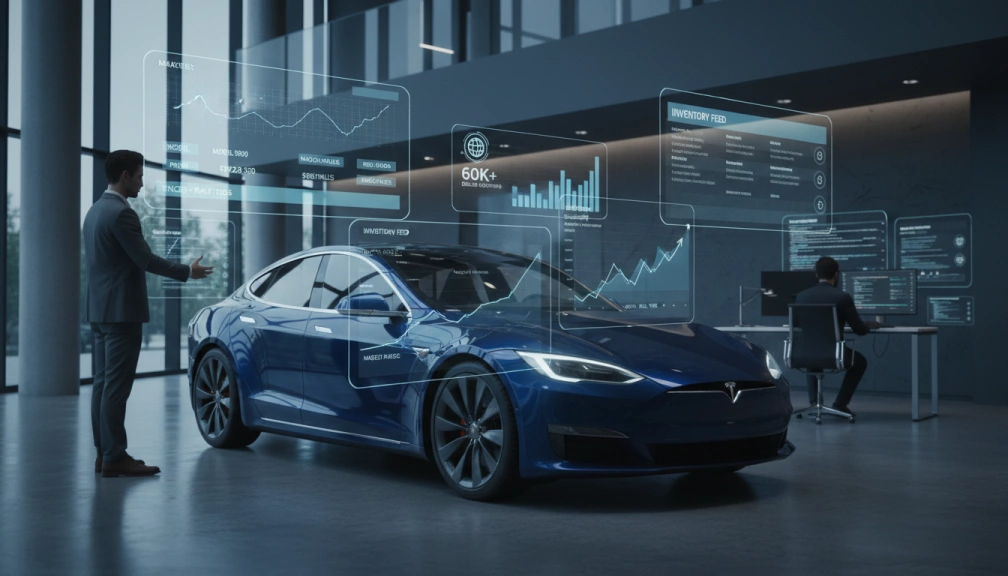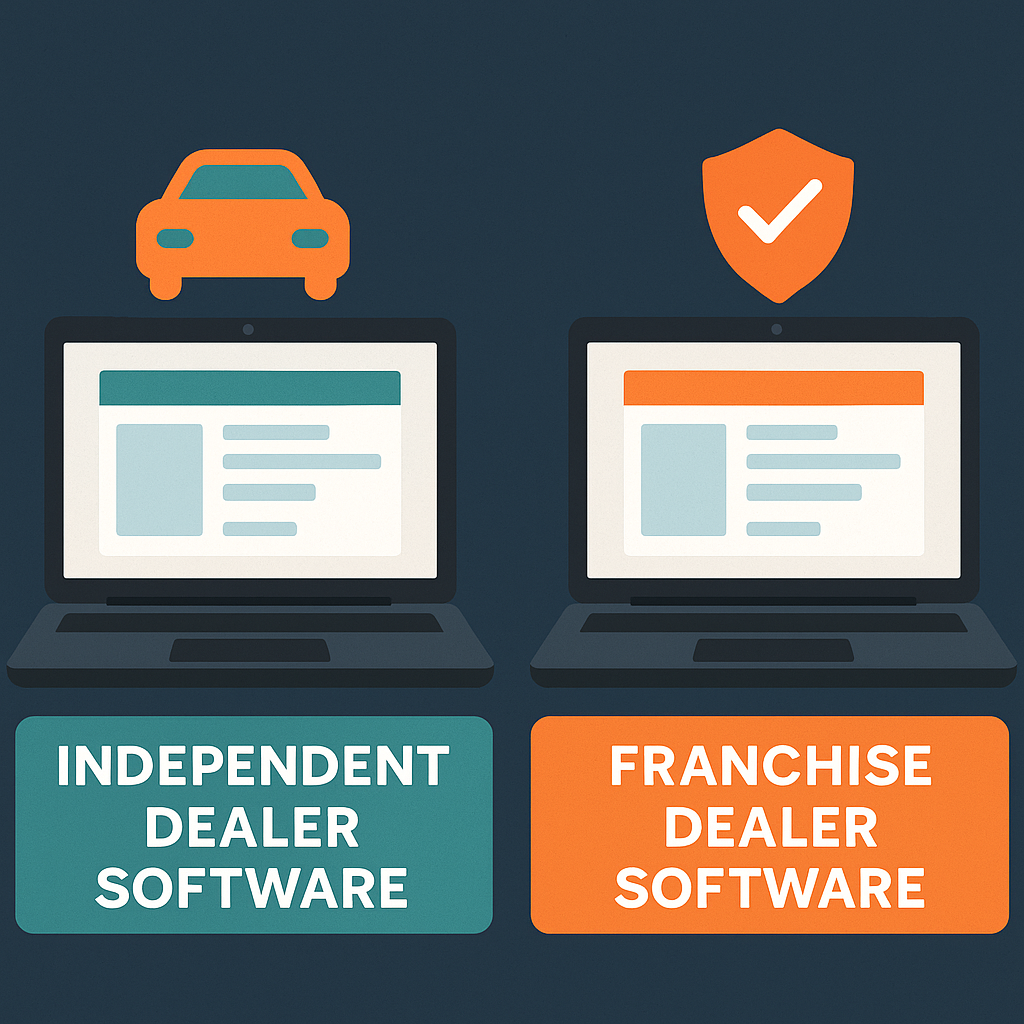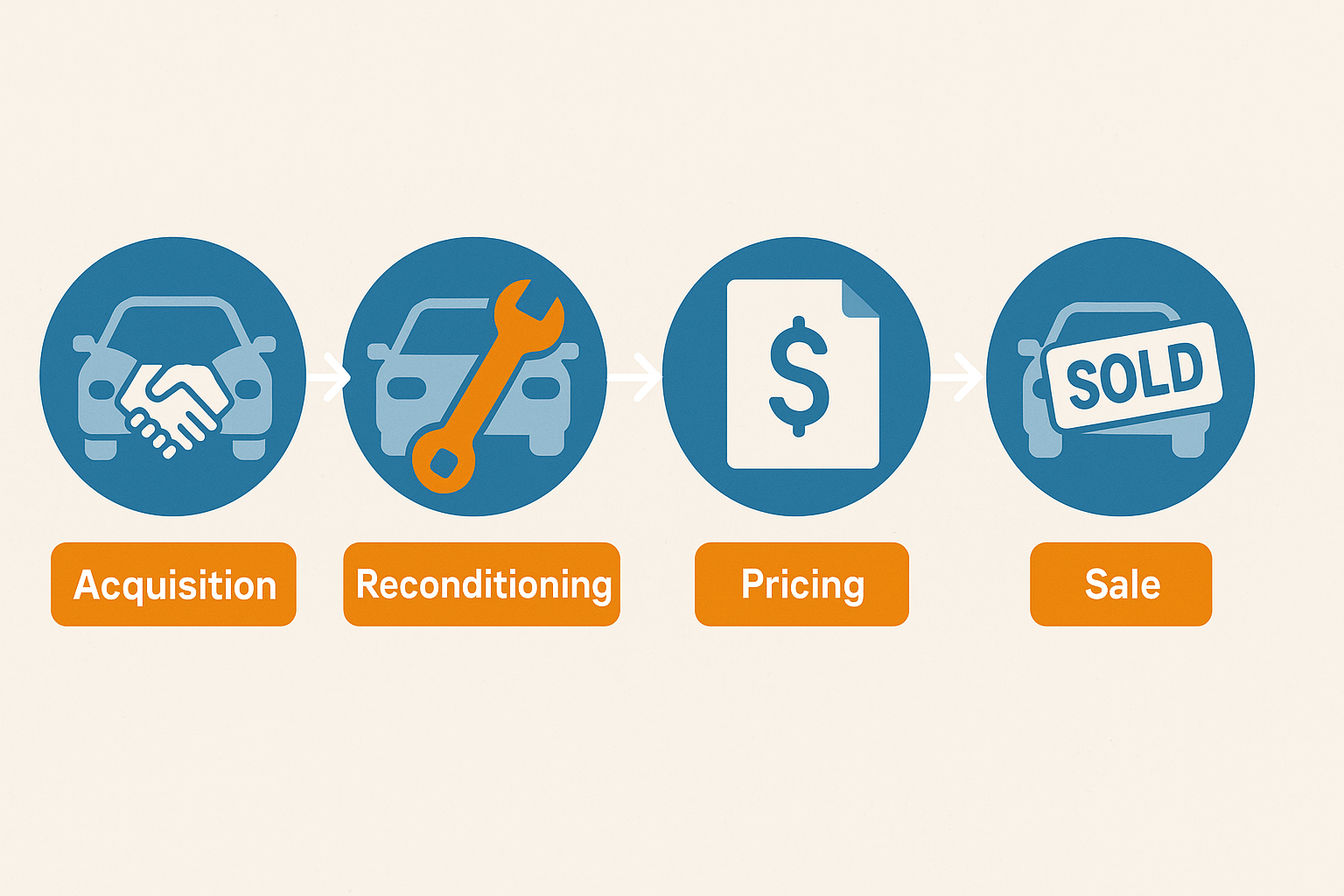The relationship between President Donald Trump and billionaire entrepreneur Elon Musk is once again making waves, sparking conversations across industries, including the automotive sector. As political and technological forces converge, the potential impact on automakers could be transformative, particularly as global markets adapt to electrification, trade policies, and shifting consumer demands. The Trump-Musk relationship for the auto industry is
.0a focal point for those tracking the evolving dynamics between politics, technology, and the future of mobility. This unique relationship may influence crucial decisions in the automotive sector, from regulatory changes to innovation in electric vehicles and beyond.
A Strategic Alliance?
While traditionally occupying separate spheres—politics and innovation—Trump and Musk share a mutual affinity for pushing boundaries. Recent comments from Hyundai’s CEO expressing optimism about their relationship highlight how such dynamics could influence automakers’ strategies.
Elon Musk, as the driving force behind Tesla and SpaceX, has long championed electric vehicles (EVs) and sustainability, while Trump’s policy history includes trade protectionism and support for traditional energy sectors. If the two find common ground, it could redefine the trajectory of the automotive landscape.
Key Areas of Influence on the Auto Industry
- EV Policy Acceleration Elon Musk’s relentless advocacy for EV adoption has pressured policymakers worldwide to embrace electrification. A collaborative stance with Trump, potentially aimed at bolstering American manufacturing and reducing reliance on foreign materials, could lead to incentives for EV production within the U.S. Automakers, especially those with large-scale EV ambitions like Hyundai and Ford, could benefit from improved EV infrastructure and subsidies if Musk’s vision aligns with Trump’s focus on job creation.
- Trade Agreements and Manufacturing Trump’s previous tenure saw the renegotiation of trade agreements like USMCA, reshaping how automakers source parts and assemble vehicles. A renewed partnership with Musk might emphasize prioritizing domestic EV production and incentivizing supply chains to shift back to the U.S. This could impact how automakers allocate resources for production, particularly battery sourcing.
- Sustainability Meets Industrial Growth While Musk’s ventures focus on sustainability, Trump has historically leaned toward fossil fuels. A convergence of their views could see a more balanced approach—supporting both EV growth and traditional automakers transitioning to hybrid models.
Opportunities for Automakers
For companies like Hyundai, General Motors, and Rivian, the Trump-Musk dynamic represents a unique opportunity:
- Enhanced Incentives: Policymakers could roll out tax breaks and grants for automakers expanding EV lines in the U.S.
- Market Expansion: Collaborations between Musk’s companies and traditional automakers could accelerate innovation, giving consumers access to advanced features like autonomous driving sooner.
- Trade Stability: A reimagined focus on fair trade deals could stabilize supply chains and reduce costs for automakers importing materials.
Challenges Ahead
While a Trump-Musk alliance could bring benefits, it also poses challenges:
- Polarized Public Opinion: Trump remains a divisive figure, and Musk’s outspoken nature often sparks controversy. Automakers must carefully navigate public perception if policy changes stem from this relationship.
- Policy Volatility: Shifting alliances could mean abrupt changes in regulations, requiring automakers to remain agile.
The Road Ahead
As the global auto industry braces for an electric future, the potential collaboration between Trump and Musk introduces a layer of unpredictability. Automakers like Hyundai are optimistic about the possibilities, but the industry as a whole must prepare for a dynamic mix of opportunity and challenge.
Whether it’s reshaping EV policies, transforming trade agreements, or fostering innovation, the Trump-Musk relationship could play a pivotal role in steering the auto sector into its next chapter.
Conclusion
The relationship between Donald Trump and Elon Musk is more than a political headline—it’s a potential catalyst for change within the auto industry. As stakeholders await concrete developments, automakers have a rare chance to leverage this evolving dynamic for growth and innovation.
Stay tuned as this partnership evolves—it may just redefine the future of mobility in 2025 and beyond.
